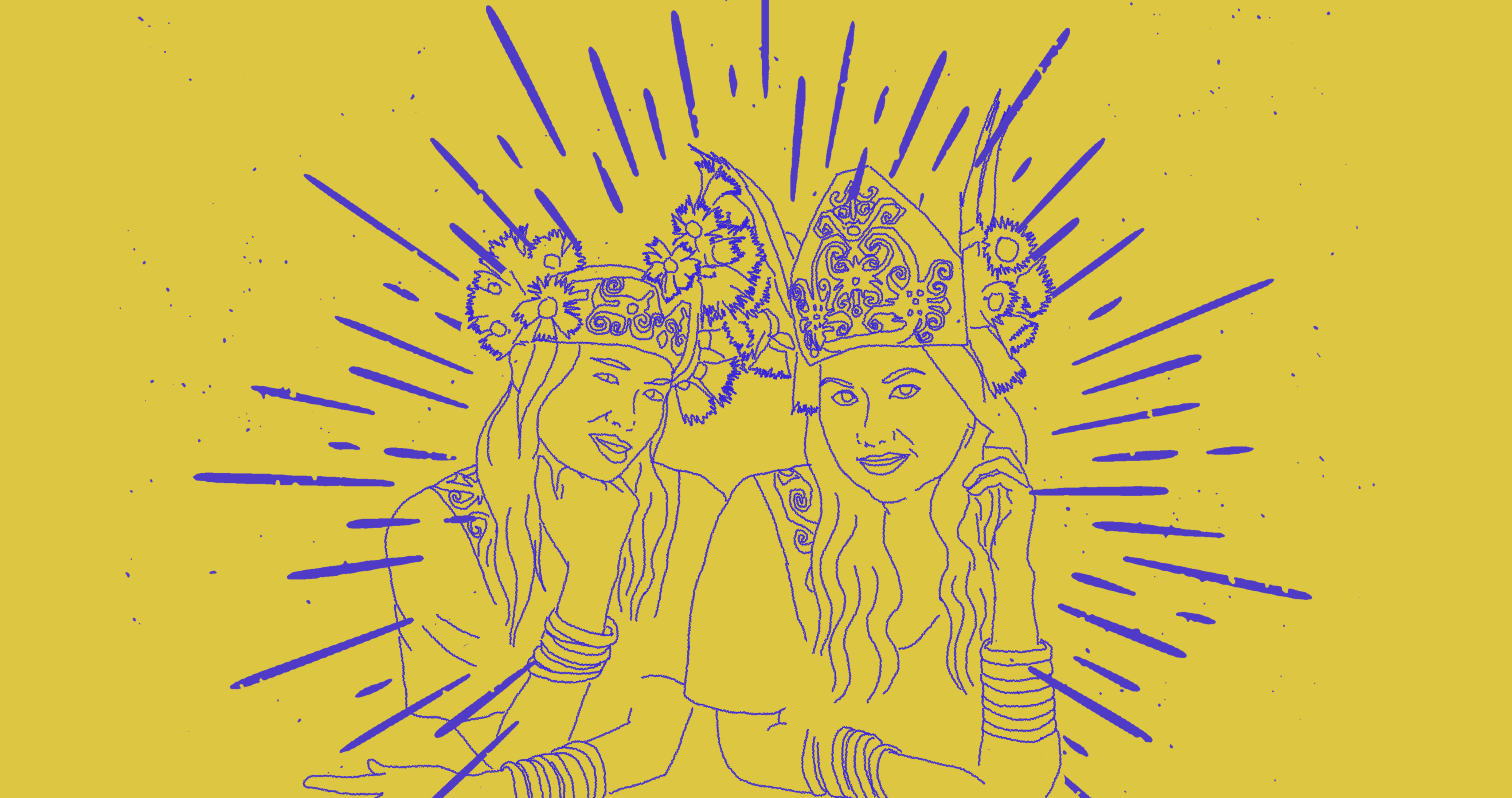What East Malaysians Really Feel About the Abstract Gap Between Borneo & Peninsular
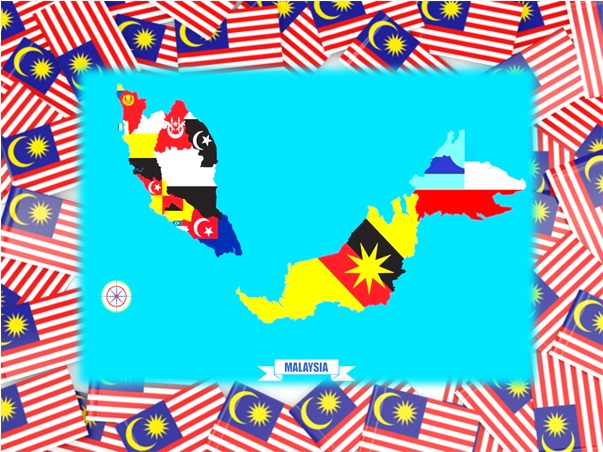 Thirsty for JUICE content? Quench your cravings on our Instagram, TikTok and WhatsApp
Thirsty for JUICE content? Quench your cravings on our Instagram, TikTok and WhatsApp
Nobody wants to admit it, but there’s a bit of tension between the people of East and West Malaysia. To crack open the case, JUICE needed more evidence from trustworthy East Malaysians, so here are some of the things they have to say plus a little bit of Writer Nia’s opinions on racial segregation during her time in school and the treatment of the indigenous.
Malaysia Day marks a special occasion for many of us, and unlike Merdeka Day, no one gets left behind. For throwback’s sake, Malaysia was never Malaysia even after it gained independence in 1957. Simply known as Malaya then, times were simpler and it was a literal case of Ali, Abu, and Ah Chong – there were other races of course – but free from the hands of the British, making it a total of 11 states in the Peninsula. But in 1963 came Sabah and Sarawak (Singapore too, but that’s a different story on its own), resulting in a merge with West Malaysia that amounted to 13 states altogether to make up the Malaysia we know today.

While the West prides itself for racial harmony, the media still makes it a big deal to document the friendship between various races and intermarriages, Sabah and Sarawak have been doing it far more often without the bragging and shoddy media appearances. I am one of the many people in Sarawak who derive from tangled and complicated bloodlines, but most people like me just choose to identify as a “native from Borneo” – it’s simple and gets the point across. My father is half Chinese, but he didn’t inherit his father’s surname because my grandfather was adopted since birth by my Bidayuh great grandma who married an English man. But none of that matters anyway, cause in paper I’m still gonna be under the category of “dan lain lain” even though I’m Bidayuh.
So, just like the 40-plus aborigines in my state and more in Sabah, we’re hardly ever recognised in the correct manner until somebody points us out to talk about “our people.” But that’s okay, at least we can clarify some things and educate the clueless. It doesn’t really offend me anymore when people don’t understand my race, or get Sabah and Sarawak mixed up, I’m immune to ignorance by now.
““I know some Sabahans who can’t differentiate Terengganu and Kelantan. We need to travel within our own states and country first so we can be more aware of the treasures we have hidden.” – Daphne Iking
For Daphne Iking, ignorance is also tolerable to an extent, “We Borneons get annoyed when our friends can’t figure out which ethnic group belongs to which state, or if they mistaken my hometown for Kuching instead of Kota Kinabalu. But I suppose it’s just plain ignorance or lack in general knowledge, not just on their part,” explains the Sabahan television personality and journalist. “I know some Sabahans who can’t differentiate Terengganu and Kelantan. We need to travel within our own states and country first so we can be more aware of the treasures we have hidden.”

Iking had her start in the entertainment industry despite objections from her father. Today, Iking can be seen hosting just about anything that’s hot in town, and you wouldn’t be able to confirm if it’s really her unless you hear her Sabahan-Malay accent that her producers initially found “funny.” That quirk remained, and has helped the host forge an identity that’s unique as well as memorable. However foreign we might be to our peninsular friends, we are still easily distinguished by our appearances, culture, and language. I attended a Chinese school since kindergarten, so I stuck out like a sore thumb for many years. Until today, I’m convinced most of my ex-schoolmates still can’t name my race, and that’s where you draw the line between ignorance and oblivion.
On the forefront of Malaysia’s art scene is Alena Murang, a half Kelabit and half English-Italian artist known for her stunning work on the sape’. She is also on an active pursuit to bring the tropics of Sarawak to every other part of the world. “I believe telling stories keep people and memories and places alive,” says the musician, who has an EP filled with ethnic sounds called Flight. Initially an inward search for her own identity, Murang developed an awareness of the beauty, and found importance, in the art forms present in her heritage.
Despite her mixed parentage, Murang received the push she needed to explore her own culture while her father helped by telling her stories, and bringing her back to her village in Ulu Baram. “Bringing us up in the values of the community [and] translating songs from Kelabit when I was younger – [as well as] funding sape’ lessons and sape’ [itself]. Now he’s beginning me to teach me songs too,” explains Murang when asked about her father’s contribution as part of the indigenous. Music and dance play a major role in our culture since we can remember; not just limited to traditional music, I grew up with a dad who played all kinds of instruments so it was never a dull day at home. During Pesta Kaamatan and Gawai however, comes a totally different atmosphere for the Sabahans and Sarawakians.
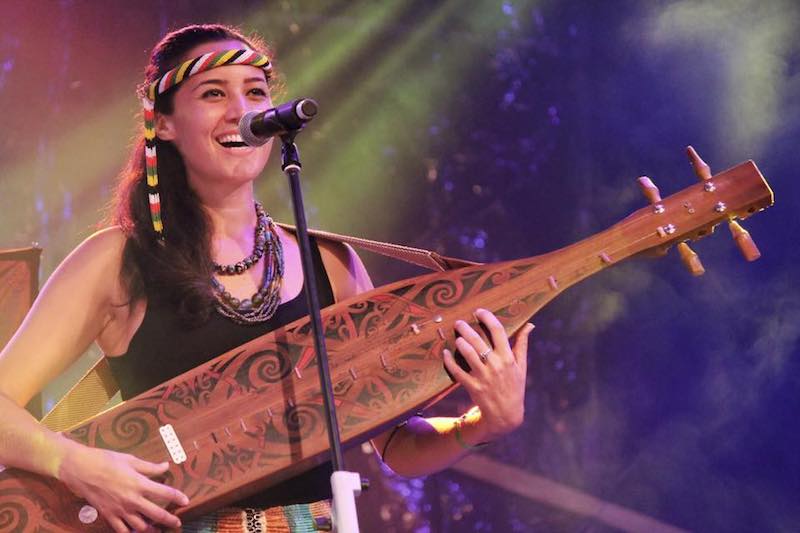
My family and our church members would celebrate Gawai by wearing traditional costumes and participating in dance. We’d feast on chicken cooked in bamboo, paku pakis, and other ‘exotic’ dishes later on, and chat the day away at each other’s houses. In Sarawak, we call this ‘ngabang’, a common activity whereby open houses would take place and everyone and anyone is invited. Gawai is not the only time the word ‘ngabang’ is used, it is also a term used by the Malays in Sarawak during Hari Raya when it comes to open houses. In a more traditional kampung setting, tuak will be served and people often get drunk, a typical aftermath during most festive seasons.
The drinking can, however, get out of hand as alcoholism is an underrated social issue in Borneo, according to The Borneo Post. “About the drinking, it’s okay to drink and be merry. But you don’t have to aim get mabuk and cause fights or be a nuisance; be responsible drinkers. I can’t stand that mentality that you must get drunk to celebrate an occasion,” Iking explains, when asked about the overzealous drinking in her state. In hindsight, that shouldn’t stop you from understanding or exploring the vibrant alcohol culture in Borneo where local spirits are made and served with love, especially during popular festive seasons like Gawai, Pesta Kaamatan, and Christmas.
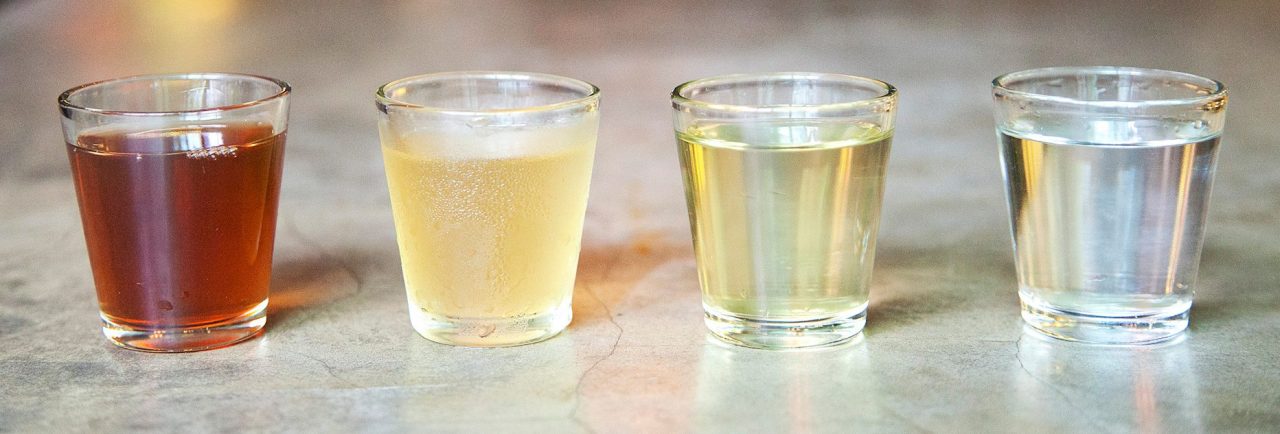
“The terms ‘Sabah-Sarawak’ and ‘Kaamatan-Gawai’ are used to refer to one thing, when in actual fact they are different states and different occasions!” – Alena Murang
In fact, it still surprises me to this day that these two festivities are still only acknowledged in their respective states. In West Malaysia, Sabahans and Sarawakians aren’t granted a holiday for them, hence the need for an annual leave just to celebrate our respective festivals. As of now, only civil servants are granted an unrecorded leave, while Sabah is on its way to making both celebrations a national public holiday just like every other celebration in our multiracial country. Murang expresses her dissatisfaction when it comes to the labelling of both festive seasons, “The terms ‘Sabah-Sarawak’ and ‘Kaamatan-Gawai’ are used to refer to one thing, when in actual fact they are different states and different occasions!” It should be known that the ethnic Sabahans celebrate Kaamatan Harvest Festival within the whole month of May, wrapping up the celebration at the second and last day of the month. The Sarawakians will kickstart Gawai on the first day of June, and the only connection between the two states’ celebrations is that they are both harvest festivals, only in different dates and form.
The relationship between Borneo and the Peninsular is like the relationship we have with that one mutual friend who we see and hear of all the time, but is never quite sure what she does for a living or what is her actual background. All we know is that she’s everywhere, and you’re only exposed to bits and bops of her until you meet her and ask her who she is. I’m that mutual friend, and nobody ever really knows who I am until they ask out of genuine curiosity. Otherwise, I’m just another vague human being labelled by stereotypes and assumptions, which I think a lot of Sabahans and Sarawakians can understand.
Not that I want to categorise all West Malaysians as culturally ignorant, but anyone from Borneo has had an amusing encounter with people who really don’t know any better. For Murang, her most common experience – upon knowing that she’s Sarawakian – is people asking her if she likes Malaysia or how long she’s lived in Malaysia for. Freda Liu, renowned radio producer and personality, thinks that this is commonplace more so in the early days. But alongside Murang and Iking, Liu is striving for a better nation by being a representative of her state.
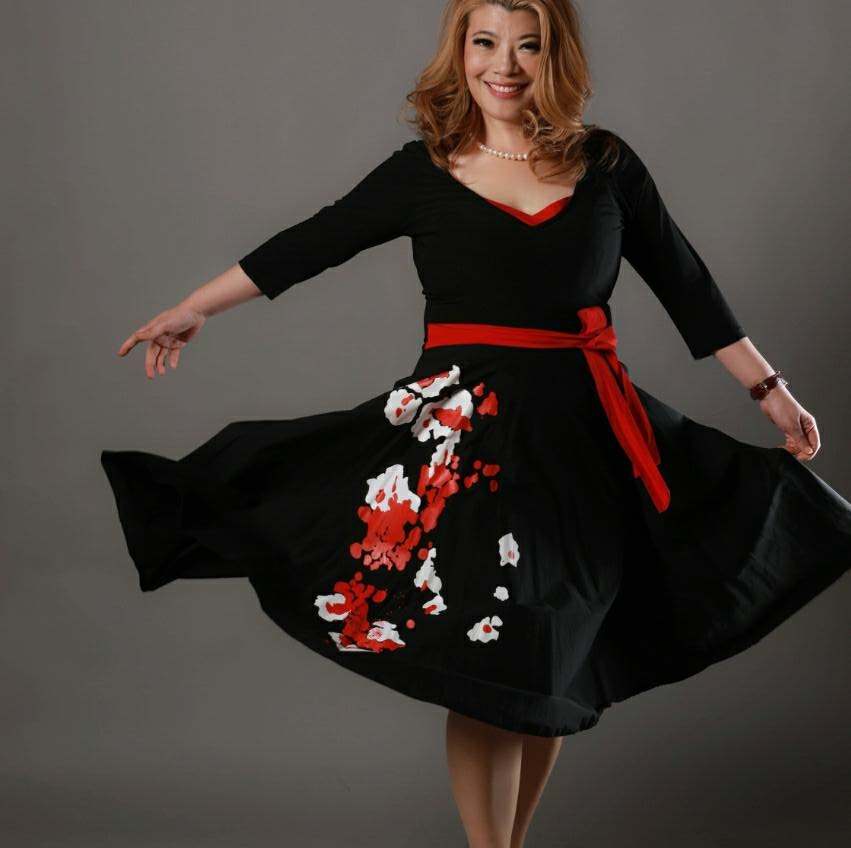
“I have never changed my constituency in Sarawak although I have lived in West Malaysia for over 20 years,” – Freda Liu
As a veteran in the scene, Liu grew up in Brunei to Sarawakian parents, and only moved back around 14 to 15 years old to complete secondary school. Currently at BFM, Liu talks politics, pop culture, social issues, economics, and more; she’s also not stopping anytime soon. In her own personal bubble, Liu isn’t afraid to be vocal about the good and bad things that are happening in her state. “For some odd reason, I have never changed my constituency in Sarawak although I have lived in West Malaysia for over 20 years,” explains Liu. “I still go back to vote and make sure I share the fact that I vote even if it means taking a flight home [to show] how important it is for all of us to vote.”
When it comes to politics, Iking has a few of her own opinions on the matter, especially as the child of a Sabahan politician. Being a former Unduk Ngadau and having a fair amount of knowledge to lead a production team, Iking was invited by a regional television programme to show viewers how Kaamatan was celebrated. Everything was arranged well until the production team was told at the eleventh hour that the particular cultural association they liaised with didn’t want Iking to be part of it as her father was “publicly cheering for the other side.” Naturally, Iking took it with disdain over the matter as her intention of promoting the culture and traditions of her people was halted due to political differences. “I truly believe that democracy is important and that we should celebrate each other’s differences. Politics and beliefs included too, and that should not stand in the way of matters, issues, and traditions that unite us. I thought that was very immature of the person in charge to come up with that decision,“ says Iking. She continues with this rejoinder, “We shouldn’t mix politics with religion, race, culture.”
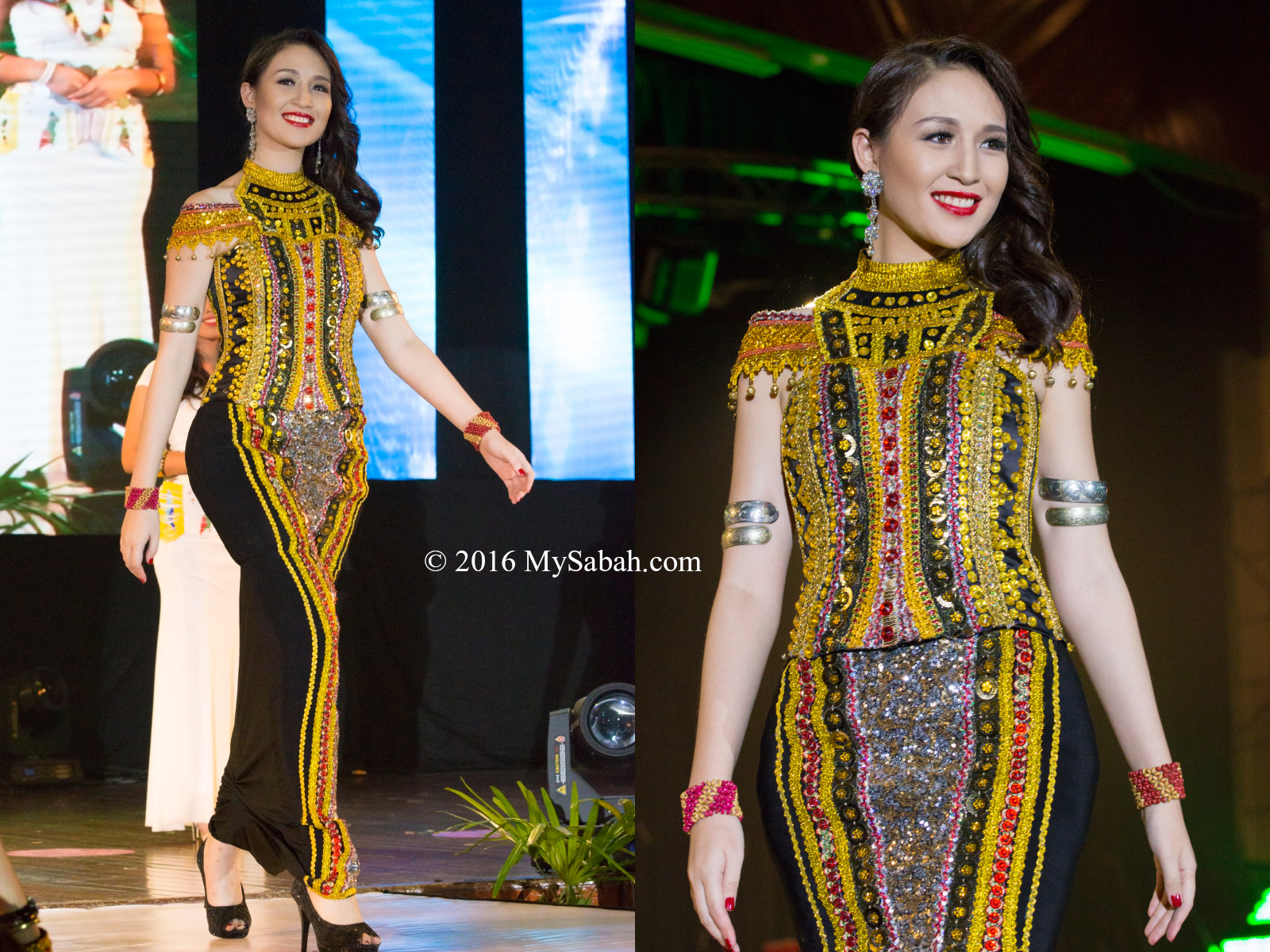
Asked about what barrier these ladies would like to break, most answered positively with a focus on being more understanding, curious, and open, something I wholeheartedly agree. “I just think we need to listen to each other’s stories more – genuinely speak and listen to each other, and be open to differences, then we can discover what the misunderstandings are. Question the things we’ve been told and search for the answers. It’s a process, but the conversation is beginning to happen,” explains Murang. For Liu, there’s so much that East Malaysia has to offer, from nature to culture as well as that picture of unity that West Malaysians will only get to experience through a local’s eyes. “There’s so much we can learn within Malaysia and we need to appreciate our own backyard first,” Liu suggests. In continuation to her comment on why religion should be out of the picture when it comes to politics and social settings, Iking brings up a specific group of people who play “victim” when they complain about their religion being under siege.
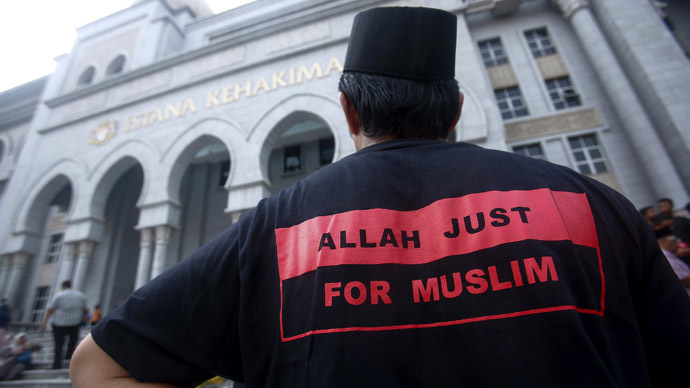
“I don’t think there is a barrier, all you have to do is just learn and explore the many cultures and lifestyles that we have yourself,” – Hafreez Amminuddin
These are also the same people who get riled up when they feel like they are being threatened by another religion or race when back home in Sabah and Sarawak, everyone is used to eating in the same shop with their Muslim friends and family. “Do you know we even have halal and non-halal stalls opened in the same kedai? So you can decide for yourself whether you want a plate of chicken rice or mee soto or rojak, we don’t judge,” Iking stresses. A younger and more free-spirited figure is Hafreez Amminuddin, more commonly known as “thatborneoguy” to his 48.3k followers on Instagram. In his world, Amminuddin is less political but more spiritual and open due to the environment that he’s in. Just like me, he is loud and proud about his roots, often using it as a conversation starter. Being in the Peninsular for the past four years, Amminuddin doesn’t feel the disconnect thanks to his friends who are socially aware, although he still encounters cringe-worthy questions about whether there is Wi-Fi in Sarawak. “I don’t think there is a barrier, all you have to do is just learn and explore the many cultures and lifestyles that we have yourself,” says Amminuddin, who thinks that people should just take a weekend break and go experience it themselves.
Amminuddin isn’t naïve to not see the gap, instead he chooses not to acknowledge it. As someone who has been living in West Malaysia for as long as I can remember, I can comprehend that because whenever someone expresses their lack of knowledge, I’m always glad to educate. One thing Iking, Murang, Liu, Amminuddin, and I have in common is that in spite of our generation gap, we’re still united by our culture and experiences as East Malaysians. My only wish is for everyone in general to show more interest in the indigenous in a way that highlights our culture without undermining our abilities and our social circumstances. The emphasis on our rich heritage is only great if we also give equal amounts of attention to what many East Malaysians have contributed, like the ones I’ve included in this piece.
So whether or not you realise the gap, at the end of the day we’re only miles away from one another, so it’s never too late to learn something from each other’s differences. In the words of Daphne Iking herself, everything is “okay saja bah.”
There’s a lot of local talent hailing from East Malaysia, read up on r’n’b prince alextbh here. Miri, Sarawak will also see a rock festival happening in October, more information here. Lastly, show unity this weekend at RIUH’s Malaysia Day Weekend.


 Get Audio+
Get Audio+ Hot FM
Hot FM Kool 101
Kool 101 Eight FM
Eight FM Fly FM
Fly FM Molek FM
Molek FM